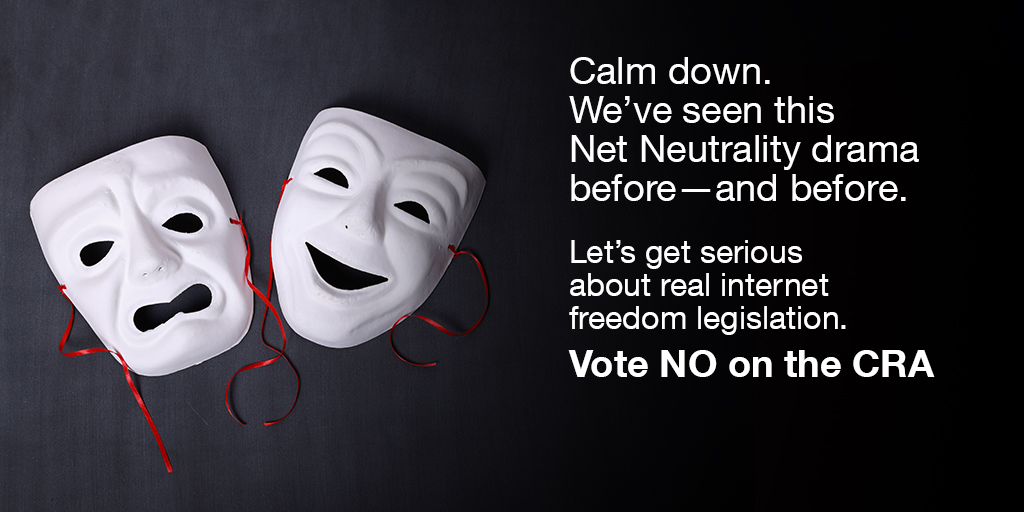The FCC Must Move to Stop the Local Internet Power Grab
More than thirty years ago, Congress gave local governments the power to impose “franchise fees” and other regulations on cable television service. It was part of a broad framework for shared national and local authority over cable television in the 1984 “Cable Act,” which laid the foundation for the cable (and eventually satellite) TV boom of the 1980s and beyond.
By contrast, local governments have very limited power to tax or regulate the internet. Unlike television, which has a long tradition of serving independent local markets with discrete programming, options, and infrastructure, from the beginning it’s been clear that the internet is inherently national and interstate and can only be effectively regulated at the federal level. That has been core federal policy for decades, as most recently expressed in the 2017 Restoring Internet Freedom Order, which concluded that, “regulation of broadband Internet access service should be governed principally by a uniform set of federal regulations, rather than by a patchwork that includes separate state and local requirements.”
But recently, a number of local franchising authorities have tried to upend that federal policy and claim the right to impose local taxes and regulations on the internet by seizing on the fact that some broadband providers also offer cable television services. Now, the Federal Communications Commission (“FCC”) is rightly working to put a stop to this local government internet power grab – moving to make clear that the Cable Act only allows local franchising boards to tax and regulate cable companies based on their cable television operations.
If every local franchising board in the country can impose its own rules and fees on internet providers, the freewheeling and open internet we all enjoy today will slowly grind to a halt. The resulting cacophony of regulation will overwhelm operators, slowing down cyberspace and making it less reliable and less secure. It will drive away new investment needed to continue to achieve ever-increasing speeds users have come to take for granted. And it will confuse consumers who expect the internet to be a consistent experience everywhere they go.
This is the exact harm federal policy strives to avoid. As the FCC explained, “allowing state or local regulation of broadband internet access service could impair the provision of such service by requiring each ISP to comply with a patchwork of separate and potentially conflicting requirements across all of the different jurisdictions in which it operates.”
For that reason, the FCC’s “Section 621 Proceeding” must move quickly to shut down the local power grab by making clear that neither the Cable Act nor any other source of local regulatory power authorizes franchise boards to tax or regulate the internet or any other non-cable-television businesses.
The future of the internet and our unfettered access depend on it.


 CFIF Freedom Line Blog RSS Feed
CFIF Freedom Line Blog RSS Feed CFIF on Twitter
CFIF on Twitter CFIF on YouTube
CFIF on YouTube